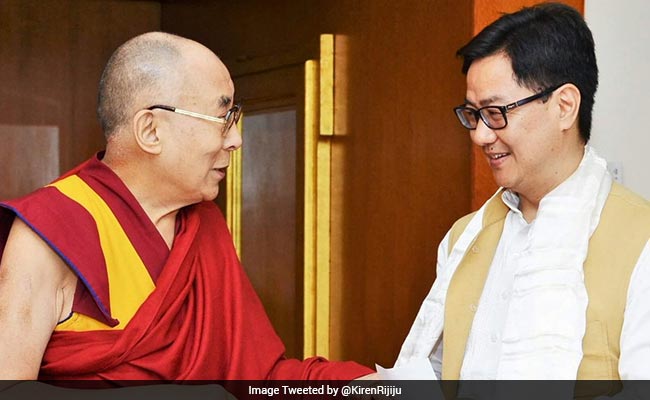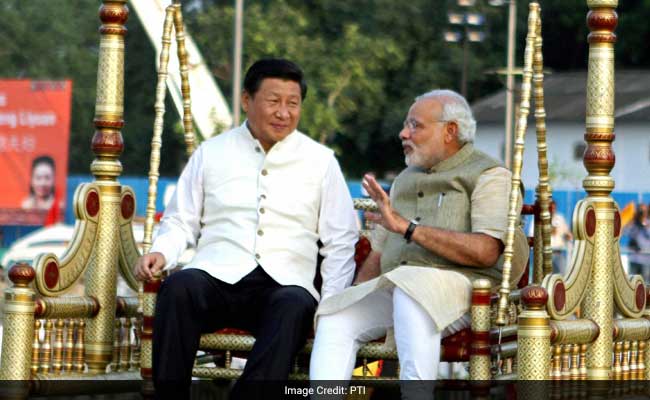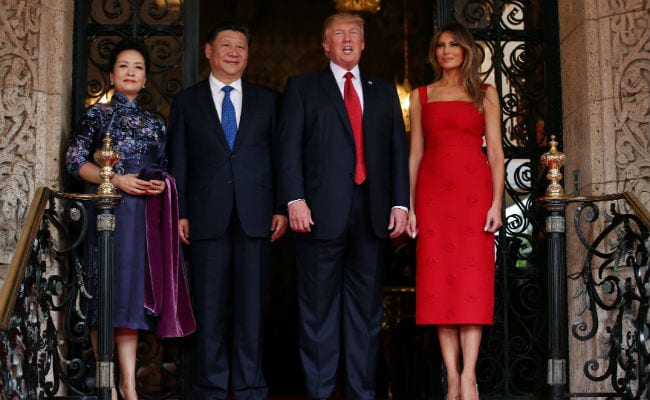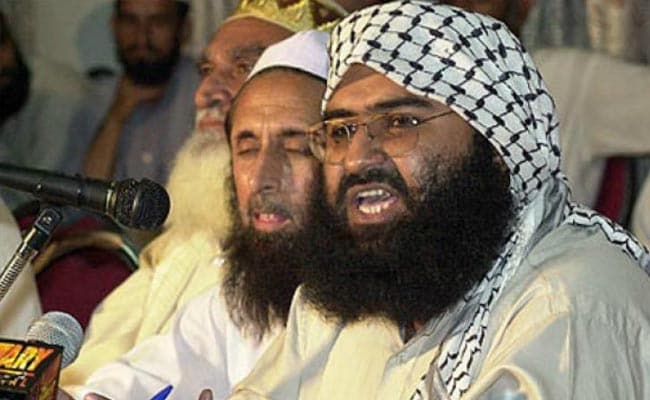They haven't been happy when the 14th Dalai Lama has visited Tawang in the past either - which has happened quite a few times, most recently in 2009.
Tawang is home to many monasteries - one of which, 400 years old, was the first stop in India for the young Tenzin Gyatso when he made his daring escape from Tibet in 1959. In fact, that visit came at a particularly difficult time for the Chinese in Tibet, following bloody riots in Lhasa and much fury in the Indian media over "incursions" into Indian territory by soldiers of the People's Liberation Army. But in spite of the fact that both those fronts have been quieter since, the reaction from Beijing was even more fierce on this occasion.

Junior Home Minister Kiren Rijiju met the Dalai Lama in Arunachal Pradesh yesterday
These are, if not fighting words, then pretty damn close. What is going on? Well, first of all, it is true that the Chinese leadership itself has changed its attitude across all its borders since the Dalai Lama was last in Tawang. Xi's ascent to power has been accompanied with an increased insistence on Chinese "sovereignty" and "core issues" - partly to deal with increased economic weakness at home, and partly because it is just plain popular - China's online nationalists are almost as virulent as our own.
Also, perhaps, the Chinese are reacting to what they correctly see as a somewhat angrier New Delhi. Beijing has mishandled its relationship with Prime Minister Narendra Modi quite comprehensively, starting from Xi's first trip to India. Modi laid out the red carpet for Xi, sitting on a swing with him in Ahmedabad and everything - only to have to deal with the humiliation of a massive incursion by PLA soldiers while the visit was actually on. There have been a multitude of irritants since then. Most obviously, the Chinese essentially blocked India's accession to the Nuclear Suppliers Group, and has repeatedly stood in the way of United Nations-backed sanctions against Jaish-e-Mohammed leader Masood Azhar.

PM Narendra Modi and Chinese President Xi Jinping sit on a traditional swing at the Sabarmati riverfront in Ahmedabad, Gujarat (September, 2014)
Thus, the Indian government is not feeling particularly well disposed towards its counterpart in Beijing at the moment. It may seem natural that the Dalai Lama was this time escorted through Tawang by Kiren Rijiju, the Minister of State for Home, since he is, after all, from the area - but it has allowed Beijing to pretend that this visit is somehow more of a government-run enterprise than earlier.
It is of course, easy to laugh at Beijing's outrage. After all, they are objecting to one old man visiting an area they want - while busy building giant, permanent infrastructure in areas of Kashmir that they already "have". But moving the goalposts through such outrage is central to Beijing's approach to its "core issues", and shouldn't be ignored.

US President Donald Trump and First Lady Melania Trump welcome Chinese President Xi Jinping and First Lady Peng Liyuan
Yet I wouldn't be so sure. More than one arrogant imperial power - the US and Pakistan in Afghanistan, for example - have believed that they can "use" Islamism without having it turned back against them at home. This belief works out badly for all concerned, but there is no reason to suppose that Beijing is any wiser in this respect than Islamabad or Washington.
Worse, it seems that Beijing's meddling is already a bit more activist than earlier. Nothing has emerged from Kashmir yet - after all, the summer hasn't even started in earnest - but some reports from the Northeast are disquieting. It's being said that at least three armed anti-India, Beijing-aligned insurgent groups in the region have been more active recently. The Bharatiya Janata Party, which has made political control of the entire Northeast a priority, may shortly find itself caught between its bellicose pronouncements and increased violence on the ground.

China has blocked India's request to add Jaish-e-Mohammad chief Masood Azhar to a UN Security Council blacklist of groups linked to Al Qaeda
More than New Delhi, it is Beijing that should be careful. Not only would meddling in Kashmir cause inevitable blowback for it itself in its fight against Islamism in its own western provinces, but it is not wise to assume New Delhi will keep Tibetans at arms' length forever. The Dalai Lama's reassuring, calming presence will not be here forever, and younger Tibetan exiles are notably less moderate than the elderly, laughing monk. And the new foreign policy establishment in New Delhi is itself less predictable than those that came before, as the supposed "surgical strikes" demonstrated. It isn't India, but China that's playing with fire at the moment.
(Mihir Swarup Sharma is a fellow at the Observer Research Foundation.)
Disclaimer: The opinions expressed within this article are the personal opinions of the author. The facts and opinions appearing in the article do not reflect the views of NDTV and NDTV does not assume any responsibility or liability for the same.


